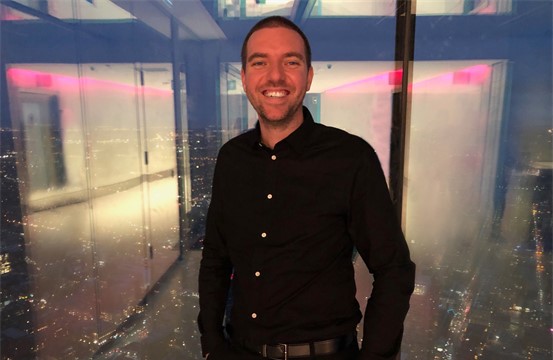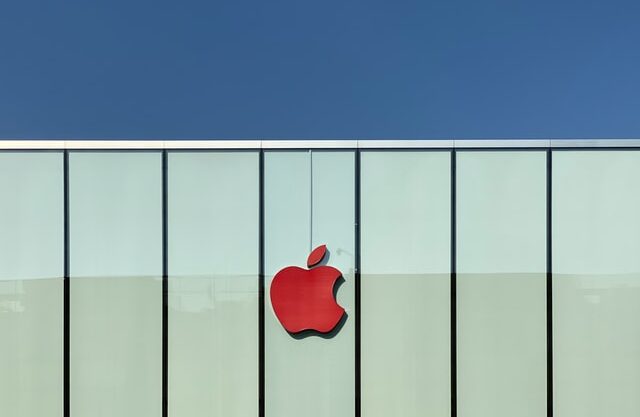This inspiring story is of a rising music technology startup called Tunedly, started by Chris Erhardt, based out of the United States. Tunedly’s objective is to connect songwriters and singers to talented session musicians and give musicians access to the music industry regardless of geographical location. Where you live should no longer be a barrier to enter the music industry professionally. Here is the story of Tunedly in Chris’ own words.
Introduce us to the idea of Tunedly
Tunedly is an online recording studio and music publisher connecting songwriters and singers to some of the most talented session musicians. We screen songs on our platform for commercial viability and make exclusive publishing offers to the best ones, trying to place the music in film, TV, and ads, generating royalties and sync license fees for the songwriter and ourselves as the publisher.
What’s your strategy story? What led you to start Tunedly?
I was a songwriter and music producer living in a rural area with no easy access to session musicians or recording studios back in 2015. I had my team of five or so session musicians I collaborated with online, and our co-founder, who was managing artists at the time, introduced me to a few more, which prompted me to find a solution of how to manage the musicians I work with, how to streamline online collaboration and file sharing. One thing led to another, and we had an early prototype of Tunedly which eventually turned into a business.
What marketing, operation strategies are you adopting at Tunedly?
Having a knack for technology and automation, I try to automate most of our operations to spend the most time serving our clients. At the end of the day, customer satisfaction is the key to success, and I believe that’s what makes us stand out from our competitors.
The quality of music we produce through Tunedly is a notch better than what most of our competitors can offer, and we can do it at the most competitive rates. I guess that’s also our main marketing strategy, having happy clients willing to spread the word for us.
Share a story when you have been customer-obsessed
This is a recent story. A client ordered an online mastering service through Tunedly, which was his second order, so he was familiar with the process. We guarantee a 24 hour turnaround time. After the customer ordered his service, he did not receive any emails due to his inbox being full. He kept reaching out to us, asking where his songs were, and none of my replies could be delivered. I found out his phone number (in Australia) and picked up the phone, told him that we can’t reach him due to his email inbox being full, and gave him his link to his music over the phone. Needless to say, he was impressed with the personal attention he got from Tunedly and fixed his email inbox.
Any strategy mistakes you have made and what did you learn?
Early on, we probably focused too much on raising funds instead of growing the business and becoming profitable. We ended up raising a seed round but didn’t really scale until we fully focused on becoming profitable and opting against a larger fundraise. That turned out to be a great decision as 2020 was a solid year for us, revenue and profit-wise, and we are now in the best position we could imagine to raise a series A round.
Finally what advice do you have for your fellow entrepreneur readers?
Make time for yourself. It’s obviously essential to work hard and long hours when starting your own business. If you go from employment to entrepreneurship, you’re trading a 40 hour week for a 100 hour week. However, it’s easy to get lost in the shuffle and forget to unplug every so often, making you much less productive. Doing something for you, spending time with the family, or simply taking a day off won’t break your startup.
Disclaimer: The information in the above story is provided by the startup and The Strategy Story takes no responsibility for the authenticity of the product and services offered by the startup. Reader’s discretion is advised.
Check out stories of other aspiring Entrepreneurs
Also, check out our most loved stories below

Johnnie Walker – The legend that keeps walking!
Johnnie Walker is a 200 years old brand but it is still going strong with its marketing strategies and bold attitude to challenge the conventional norms.

Starbucks prices products on value not cost. Why?
In value-based pricing, products are price based on the perceived value instead of cost. Starbucks has mastered the art of value-based pricing. How?

Nike doesn’t sell shoes. It sells an idea!!
Nike has built one of the most powerful brands in the world through its benefit based marketing strategy. What is this strategy and how Nike has used it?

Domino’s is not a pizza delivery company. What is it then?
How one step towards digital transformation completely changed the brand perception of Domino’s from a pizza delivery company to a technology company?

BlackRock, the story of the world’s largest shadow bank
BlackRock has $7.9 trillion worth of Asset Under Management which is equal to 91 sovereign wealth funds managed. What made it unknown but a massive banker?

Why does Tesla’s Zero Dollar Budget Marketing Strategy work?
Touted as the most valuable car company in the world, Tesla firmly sticks to its zero dollar marketing. Then what is Tesla’s marketing strategy?

The Nokia Saga – Rise, Fall and Return
Nokia is a perfect case study of a business that once invincible but failed to maintain leadership as it did not innovate as fast as its competitors did!






